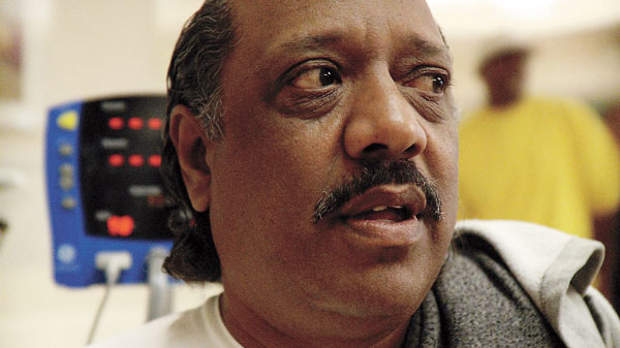As a first year Creative Communications student, I, along with a group of three others, have to create an original magazine. The group I am a part of has gotten along incredibly well so far, and we have all decided that our magazine concept will be a curling magazine. A little strange, but I think a big benefit of this is that none of us really have a big interest in curling; three of us have never curled, and one has a bit of a connection to it. It means we are free to explore our own interests in the magazine, as long as we relate them back to curling.
When we pitched our story ideas to each other, I got to do the "celebrity" curler interview. We figured we'd find a young curler, which would fit in with our magazine demographic, who is female, because we didn't want to fall in the trap of a sports magazine being totally geared towards guys. Our main curling connection,
Larissa, set me up with
Shannon Birchard. She just won the provincial tournament to qualify for the
Canadian Junior Curling Championships, so we thought she'd be perfect.
And she was.
But dear god I wasn't.
I emailed Shannon, and set the interview up at Stella's in the Village. I thought the interview went fine, but then when I listened to it as I tried to transcribe it, and I made a grave discovery.
I was really flirtatious.
And even worse: it was
really bad flirting. Like
Ross Geller bad.
Here are some examples:
SB: (after being asked how much thought she puts into how she looks for a curling game)
I don’t know, we’re there to curl, not to impress anyone with how we look. If we know we’re being potentially photographed, try to look a little better. In the end it doesn’t really matter, you’re there to curl.
ME: Because I saw photos on the Google-
SB: The Google, ha.
ME: And, well, you didn't look bad, so, I was just wondering.
SB: Oh. Thanks.
Note the really lame "the Google" joke. Seriously, Alan? The Google? I know you're an idiot, but you don't have to pretend to be stupider than you already are.
It should be clear that Shannon is being very nice and polite, answering all of my questions, and seemingly not being weirded out by my flirtatiousness. It continues...
SB: (after being asked about her training schedule)
Over the summer we’re set up with a trainer, and there’s workouts once a week, you can go twice a week but pay a little extra. Super intense, crazy workouts. You pretty much do everything. It’s not like a specific “just do cardio” thing. In the winter we just practice and your fitness is your own responsibility. I don’t really sweep, because I’m the skip, so I guess I have to stay fit on my own a little more. I don’t really, but...
ME: *five second pause as I try to say something*
SB: *awkward laughter*
ME: *awkward laughter* It's just that, yeah, it's like, you're not unfit, but whatever...
If you could hear that five second pause, wow. Next time you're in a conversation with someone, and they say something, instead of responding like a normal human being, try pausing for five seconds and see how awkward it gets. Just pause. Wait. Five long seconds.
And then what did I say? "You're not unfit." Not unfit. Wow.
Now for the worst offence:
(after asking Shannon a question, our server comes and gives us our drinks. Our server leaves, and Shannon begins to answer the question.)
SB: -yeah, so...
ME: (interrupting her answer to the interview question ie. the whole reason this meeting is taking place) She probably thinks I'm like asking you these strange questions, like it's some weird online date or something, haha...
SB: Haha, ya. So...
What are you doing?! What is wrong with you?! You are supposed to be listening to her answers, why do you keep talking?!
Anyway, the night ended up going fine, Shannon was great, and I don't think I embarrassed myself, or her, too much.
Here's the thing: I don't think I was consciously hitting on her or anything, it wasn't like that at all. It's that I naturally slipped into this aloof, pathetically flirtatious, thinks-he's-funny douche, when I should have just been normal. Is it an interview technique to try and get certain answers? Or is it a weird insecurity where I have to try and play up those aspects of my personality.
I'd say it's a little from column A... and a whole hell of a lot from column B.
















